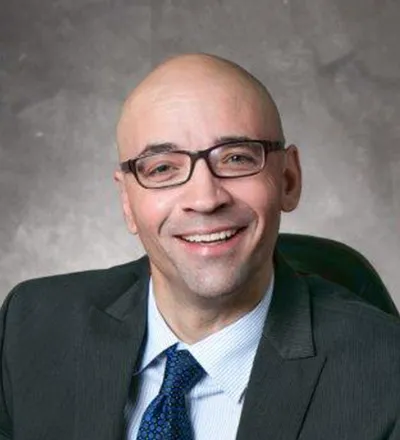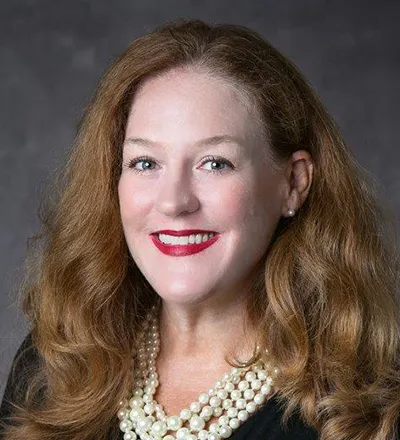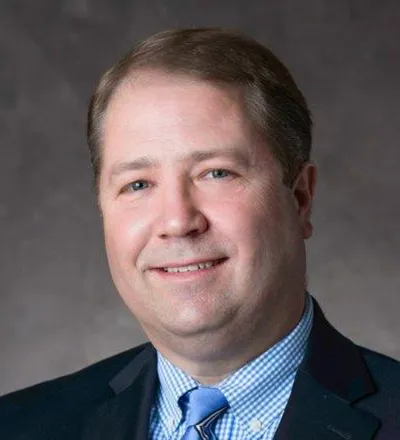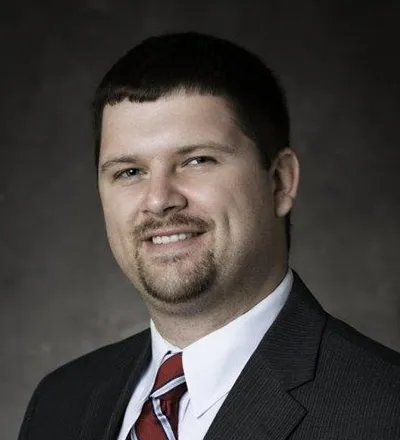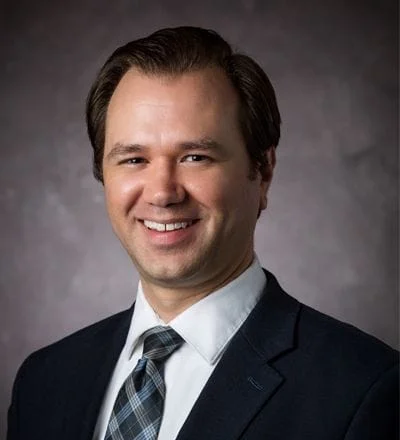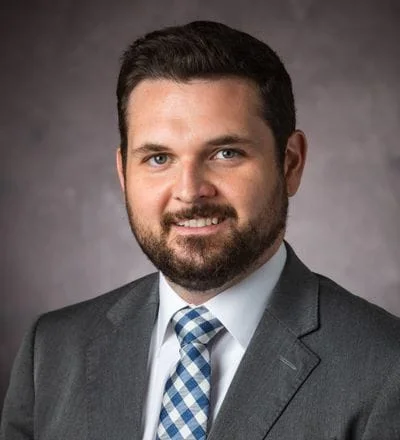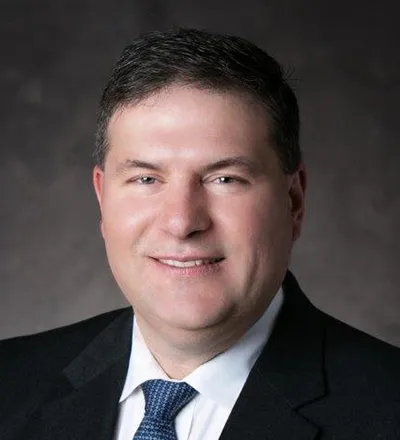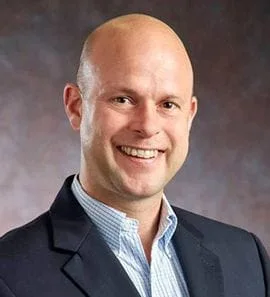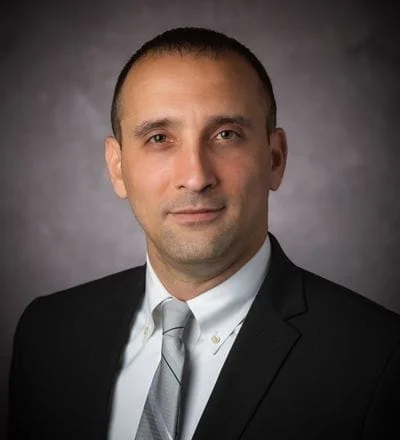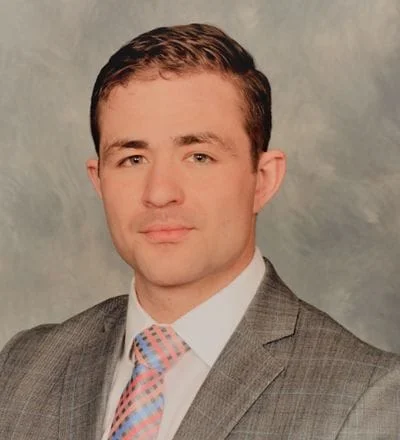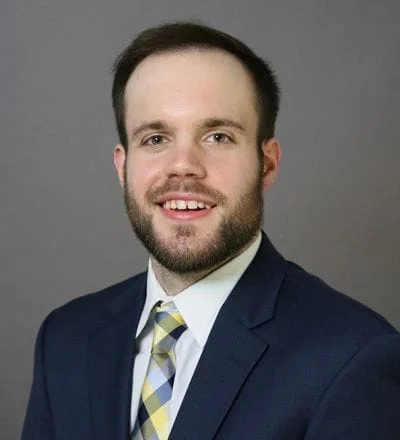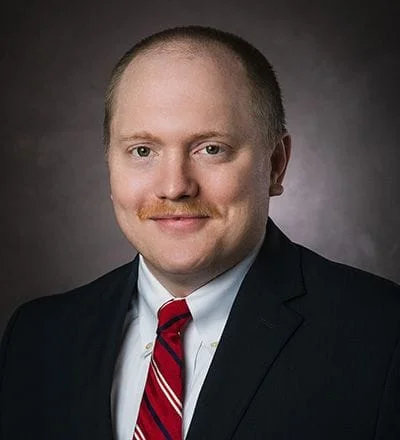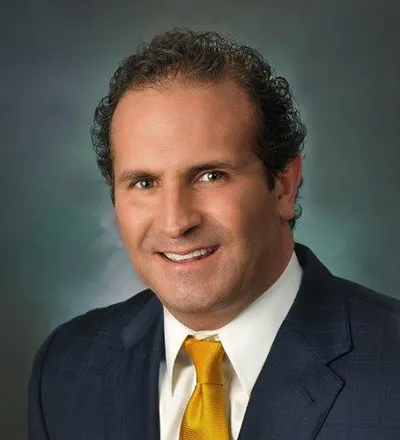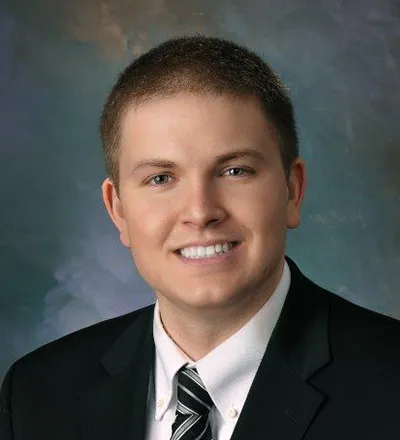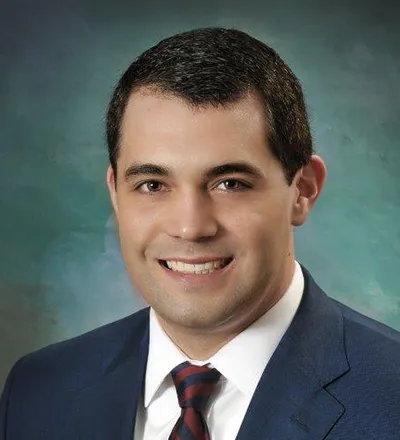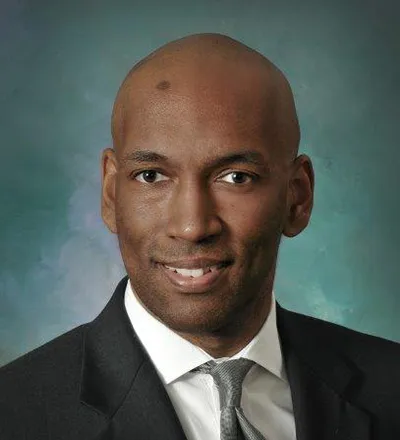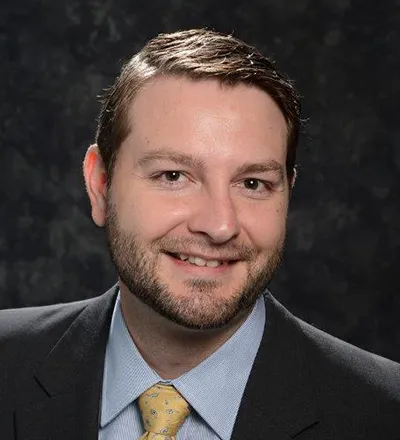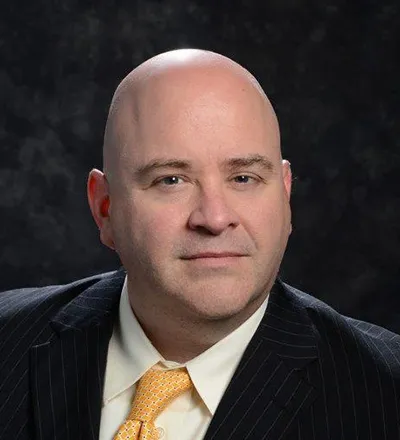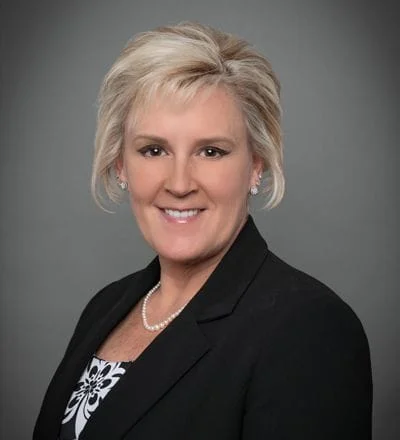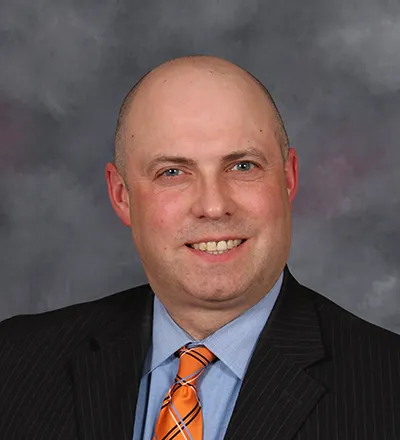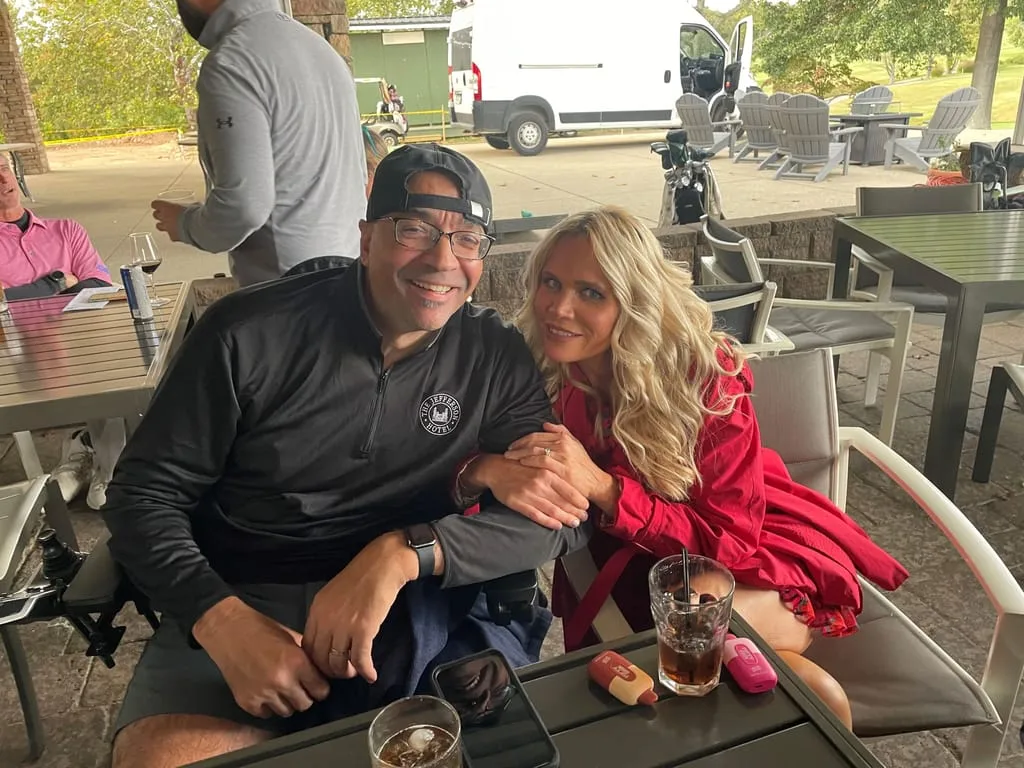- posted: Aug. 30, 2018
FirstEnergy Generation LLC recently appealed the December 2016 order of the Circuit Court of Harrison County following an adverse jury verdict in a “deliberate intention” action filed by the plaintiffs, James and Carol Muto.
The West Virginia Supreme Court sided with FirstEnergy, stating that “the evidence presented at trial was insufficient to establish two of the required elements of a ‘deliberate intention’ claim.”
Details of the case
In January 2013, James Muto suffered severe and permanent injuries after falling 14 feet and landing on concrete while inspecting a rotary flyash feeder in a flyash silo at FirstEnergy’s Harrison Power station. Muto, a 23-year employee of FirstEnergy, and his wife Carol filed the claim in January 2014 to recover damages for his injuries and loss of consortium.
The case was tried in front of a Harrison County jury in April 2016, after which the jury sided with the Mutos. The jury found that FirstEnergy displayed “deliberate intent” in its actions and awarded the couple $1,142,614, with another $49,497.90 in pre-judgment interest. In response to the verdict, FirstEnergy filed a motion for judgment as a matter of law, a motion for a new trial and a motion to alter or amend the judgment. The trial court denied these motions and the case was appealed to the West Virginia Supreme Court.
Under West Virginia law, employers with workers compensation coverage are generally immune from suits filed by employees for personal injuries absent a showing that the employer deliberately intended to cause such injuries.
FirstEnergy argued to the Supreme Court that the plaintiffs did not present sufficient evidence to establish the requirements of a “deliberate intent” claim.
The Court agreed, finding that there was insufficient evidence to show that the employer had actual knowledge of an unsafe working condition and that there was insufficient evidence to show that the employer deliberately exposed Muto to such hazardous working condition.
To learn more about the factors governing “deliberate intent,” speak with an experienced attorney at Pullin, Fowler, Flanagan, Brown & Poe, PLLC, by calling 304-344-0100 or contacting us online.



